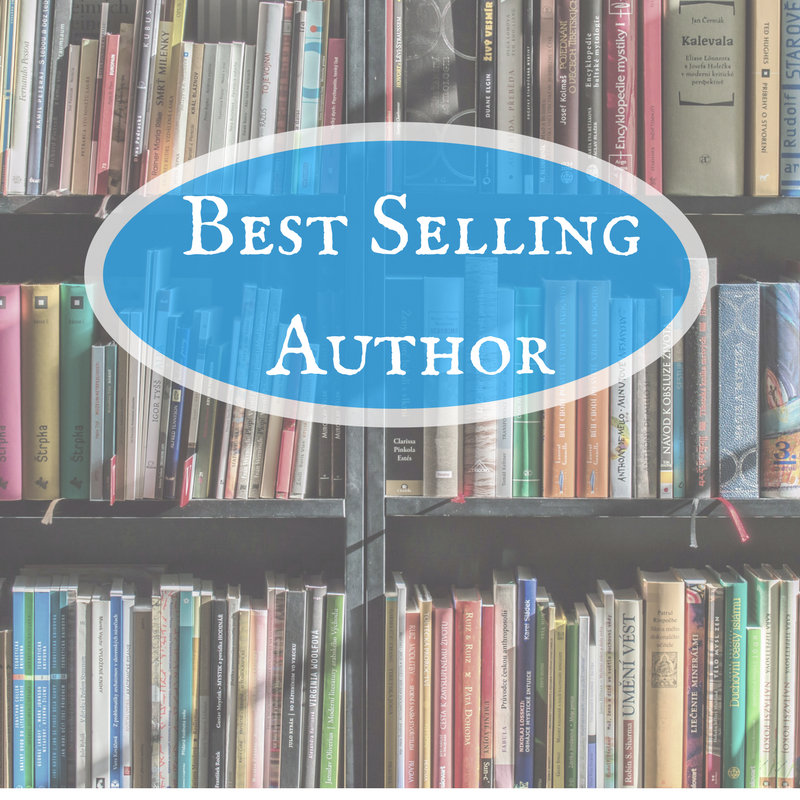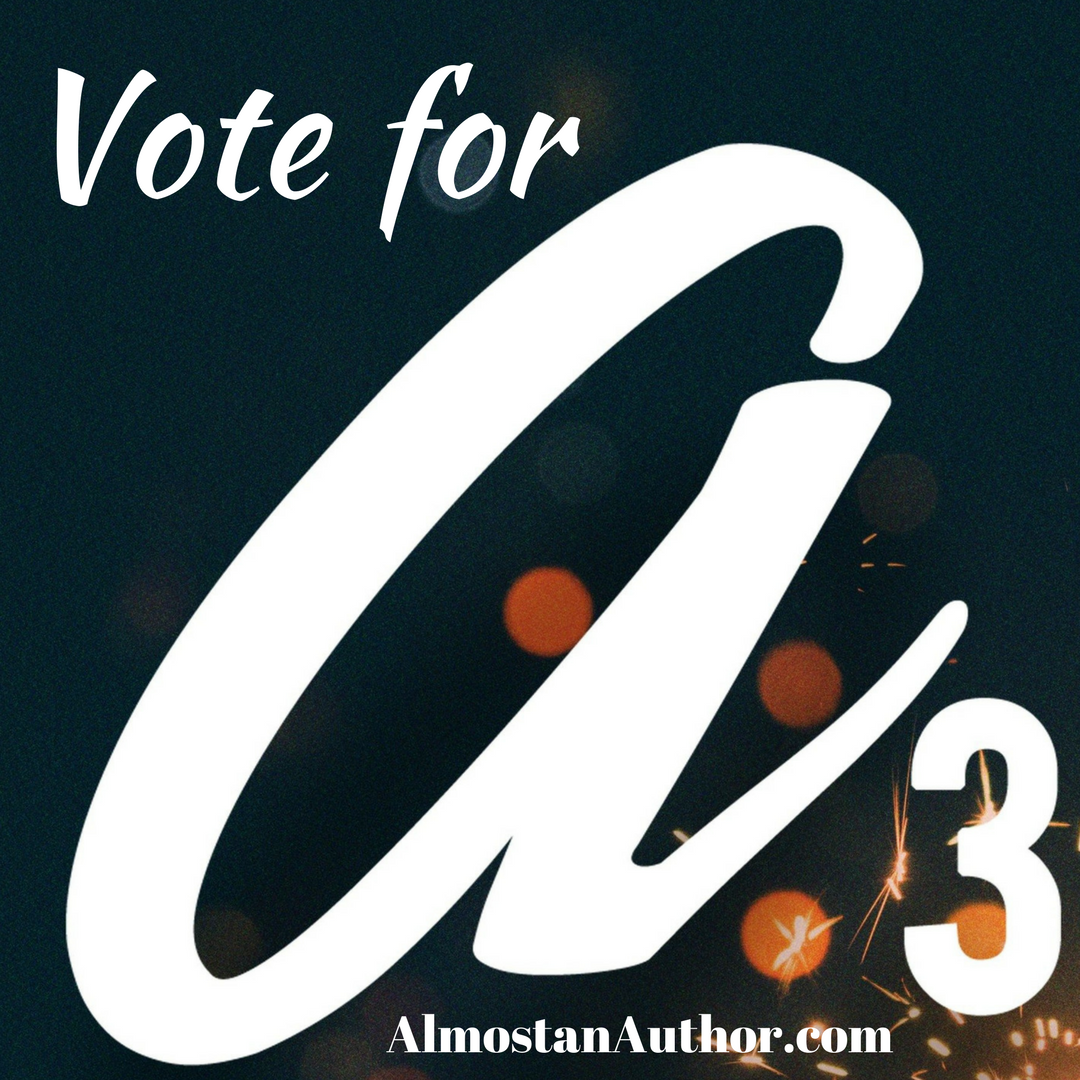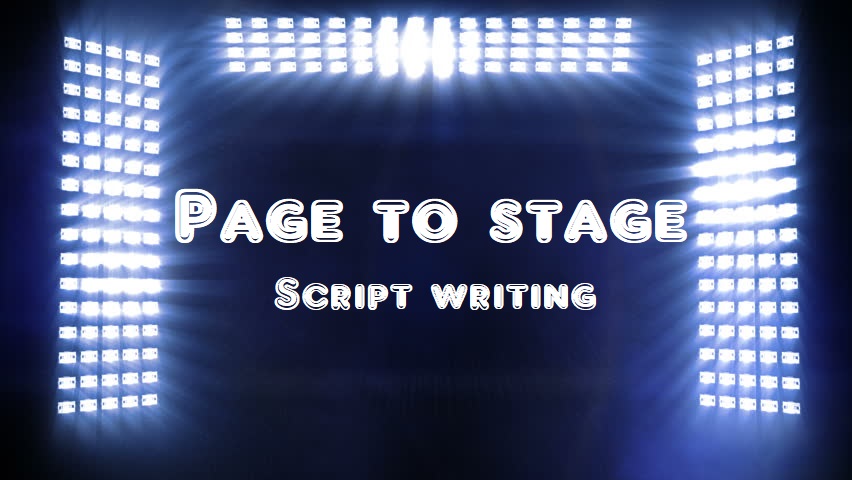
Book Proposals for Different Genres?
Cherrilynn Bisbano is an award-winning writer. She founded The Write Proposal after reading hundreds of book proposals with avoidable…
April 25, 2019
Cherrilynn Bisbano is an award-winning writer. She founded The Write Proposal after reading hundreds of book proposals with avoidable…
April 25, 2019
“What’s the difference between a fiction book proposal and non-fiction?” “Do I need the illustrations when I submit my…
January 25, 2019
“Can I really compare my book with a bestselling author’s book?” “Why do I need this? Won’t I shine…
October 25, 2018
Editors are like doctors. People entrust their precious baby to them. Their beautiful, chubby, and well-loved child. Doctors must examine…
July 25, 2018
BOOK PROPOSALS IN A NUTSHELL Cherrilynn joins the hosts of Writers Chat to give an overview of Book Proposals.…
June 25, 2018
I love cats, coffee, chocolate, and long walks on the beach, especially if the beach has sea glass. My…
May 25, 2018
Can you share a little about your recent book. The MANUAL TO MIDDLE SCHOOL is for boys making the…
May 1, 2018
The One Page Sell Sheet is like a mini resume. The sell sheet gives the agent or publisher pertinent…
April 25, 2018
Can you share a little about your recent book – My most recent book, published in January 2016 by…
April 1, 2018
Congratulations, the agent, and publisher liked what they read in your Cover Letter, and opened the door to the…
March 25, 2018
Welcome Lauren, can you share a little about your recent book – The Hideaway is the story of…
March 2, 2018
A good cover letter is like an intriguing door, it invites the agent or publisher into your proposal. The publisher…
February 25, 2018
Can you share a little about your recent book – the story of a Jewish Christian woman living in…
February 1, 2018
My two innocent characters were named Solomon and Sammi. I really liked both names and felt like they fit…
January 29, 2018
The best investment is a good investment, but what is a good investment? One that has lasting personal and…
January 25, 2018
Please tell us about your most Recent Book It’s titled Army of God and it’s set against the…
January 16, 2018
As an English major in the 90s, I was excited to learn my craft and be creative. However,…
January 7, 2018
Why was my proposal rejected? As a submissions reader, I now understand why my past book proposal was not…
January 6, 2018
Why is it that closets have become a place where we store our junk? About this time every year,…
December 27, 2017
Dad was the creative genius in our family. His fingers drew cartoons on paper napkins and released lullabies from…
December 25, 2017

Welcome Michele, Can you share a little about your recent book –The Jealous Son is a contemporary suspense novel…
December 1, 2017
Caroline, please tell us about your most Recent Book The Vestige revolves around the questions: What if the end…
November 15, 2017Can you share a little about your recent book – My most recent published novel is called The…
November 1, 2017
From Script to Stage/Screen Part 4 We have explored four of the major responsibilities placed upon any director in…
October 29, 2017